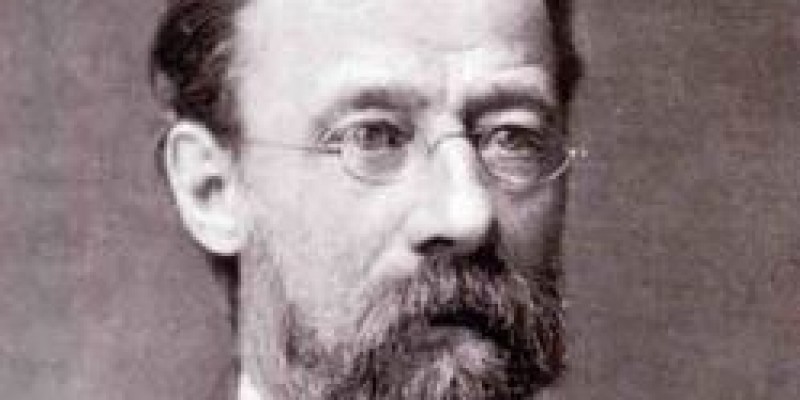Bedřich Smetana’s Má vlast guides its listener on an aural tour of the landscapes and legends that make up the country now known as the Czech Republic – and in doing so, this landmark work serves as a foundational text in the creation of its national identity. Composed separately between 1874 and 1879, at a time when the concept of independence from the Austro-Hungarian Empire was rapidly gaining steam, the omnibus title for these six symphonic poems translates expressively to “My Fatherland”. Both patriotic and personal, each chapter alternately describes the beauty of the natural world, the pride embedded in a nation’s history and mythology and the hope of moving into a new century as unified people. The grandeur of Vyšehrad (“The High Castle”), with its ethereal doubled harps and assertive brass marches, charts the revolutionary progress from imperialism to democracy. Organic beauty is represented by Z českých luhů a hájů (“From Bohemia’s Woods and Fields”), while Šárka and Blaník draw on folk tales in a manner familiar throughout Eastern European music.
Bedřich Smetana’s Má vlast guides its listener on an aural tour of the landscapes and legends that make up the country now known as the Czech Republic – and in doing so, this landmark work serves as a foundational text in the creation of its national identity.










